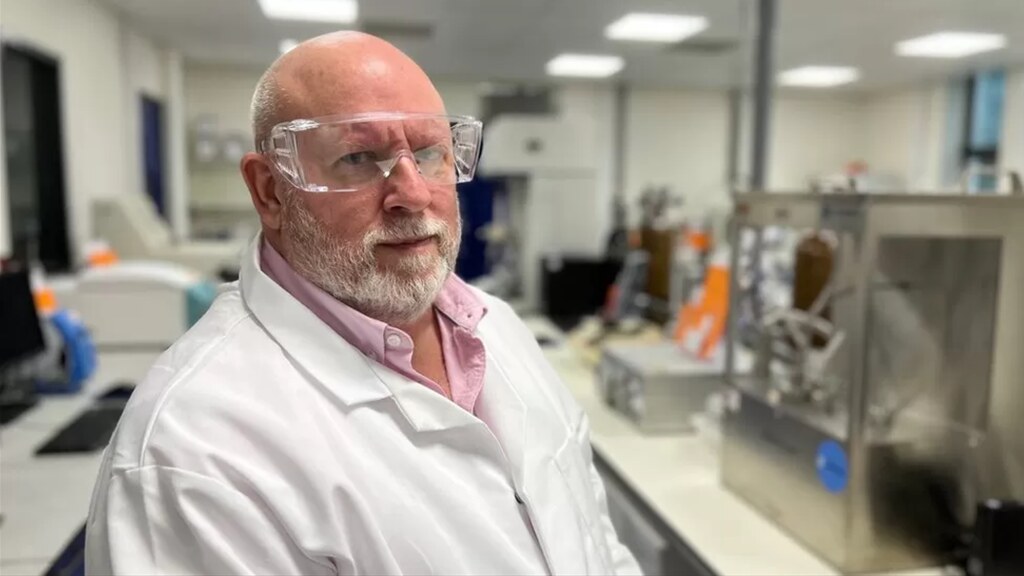United Kingdom – Researchers from the University of Bath are set to lead a new project designed to accelerate the impact of hydrogen fuel, creating a supercluster of expertise and innovation in the UK’s South West and South Wales.
The project, called ‘GW-SHIFT: Great Western Supercluster of Hydrogen Impact for Future Technologies’, has secured £2.5 million from the Engineering and Physical Sciences Research Council (EPSRC) as part of their Place Based Impact Acceleration Account Awards (PBIAA).
The project will bring together academics, civic organisations, and industry partners to help reach the UK’s Net Zero carbon emissions targets. Hydrogen technologies are seen as playing a key role in decarbonising transport and energy.
Hydrogen ecosystem
GW-SHIFT will focus on key themes such as production, storage and distribution, conversion and transport of hydrogen. It will also work to co-create low carbon hydrogen solutions for aviation and shipping, heating buildings, and the power sector.
The project builds on the South West England and South Wales’ unique strengths and emerging hydrogen ecosystem, including the highest concentration of Net Zero economy businesses in the UK. The region is also home to the world’s leading aerospace cluster outside of the US, who are backing hydrogen solutions to deliver the future of long-haul flight.
The GW-SHIFT project has the potential to have a significant impact on the UK’s hydrogen economy. The project is expected to accelerate the development of hydrogen technologies and solutions, and create new jobs and opportunities in the South West and South Wales regions. The project will also help to reduce the UK’s carbon emissions and support the country’s Net Zero targets.





